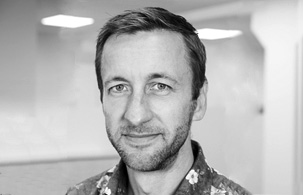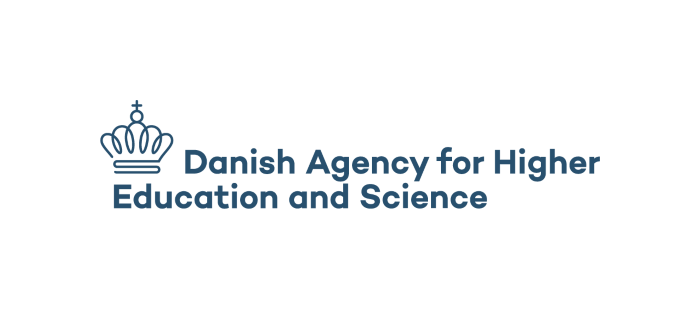Green growth through accelerated innovation in production, materials, and quality assurance
New and alternative materials, greener production methods, and digital quality assurance of processes and products are prerequisites for reducing resource consumption and environmental impact, and by extension, for a green transition in manufacturing.
Making manufacturing greener requires new materials and methods
The world's resources are under pressure from increasing population growth and higher standards of living. Extraction of raw materials for industry and manufacturing accounts for over half of the world's greenhouse gas emissions. Over-consumption of materials results in unnecessary transportation, more waste, and increased demands on storage space and energy consumption.
Efforts towards climate neutrality cannot, then, focus exclusively on green forms of energy, but also on better exploitation, utilisation, and recycling of resources.
Making manufacturing greener requires new, greener materials, which in turn require new production methods, which in turn require new quality assurance methods. At the same time, the sum of all three must provide an economic incentive to be attractive. For industrial suppliers, each area alone can be a barrier, and making technological progress in all three simultaneously would be impossible, especially for a smaller company.
In the project entitled "Green growth through accelerated innovation in production, materials, and quality assurance" we will support the green transition through increased resource optimisation in Denmark's strongest resource-intensive industries. We will ensure a transition to smarter and greener production methods by optimising material selection and minimising material consumption.
Technological services will ensure green innovation in manufacturing companies
The ambition of the project is to strengthen the green transition in the Danish manufacturing landscape. We want to help industry and manufacturing in Denmark to participate in the Climate Agreement's goal of climate neutrality by 2050 with new technological services that support the implementation of the green transition for manufacturing and products.
The technological services will focus on green innovation in manufacturing companies and support these companies' needs to:
- minimise material and resource consumption through new production methods, such as re-manufacturing, agile methods, and additive manufacturing (AM) in general
- use greener materials, by both replacing conventional materials and developing more sustainable alternatives
- digitalise quality assurance through monitoring and validation of process and product characteristics, both in production and in finished products.
Danish manufacturing companies benefit from new services
The primary customers for this technological innovation are Danish material-based manufacturers, which are defined more by their production methods than by their industries. Most of these have development and production in Denmark, and they typically test new developments in domestic production before they are implemented at foreign production locations or passed onto subcontractors.
Thus, changes in the target group's manufacturing methods will also reach further out into the value chain of downstream industry and suppliers of such items as materials and equipment, who indirectly benefit from the wave of green innovation.
The companies typically produce for the medical, device, food, district heating, insulation, and energy sectors, as well as for the wind and chemical industries.
Related content
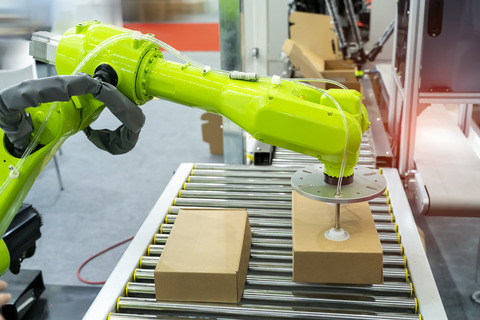
Designing sustainable manufacturing processes
/Page
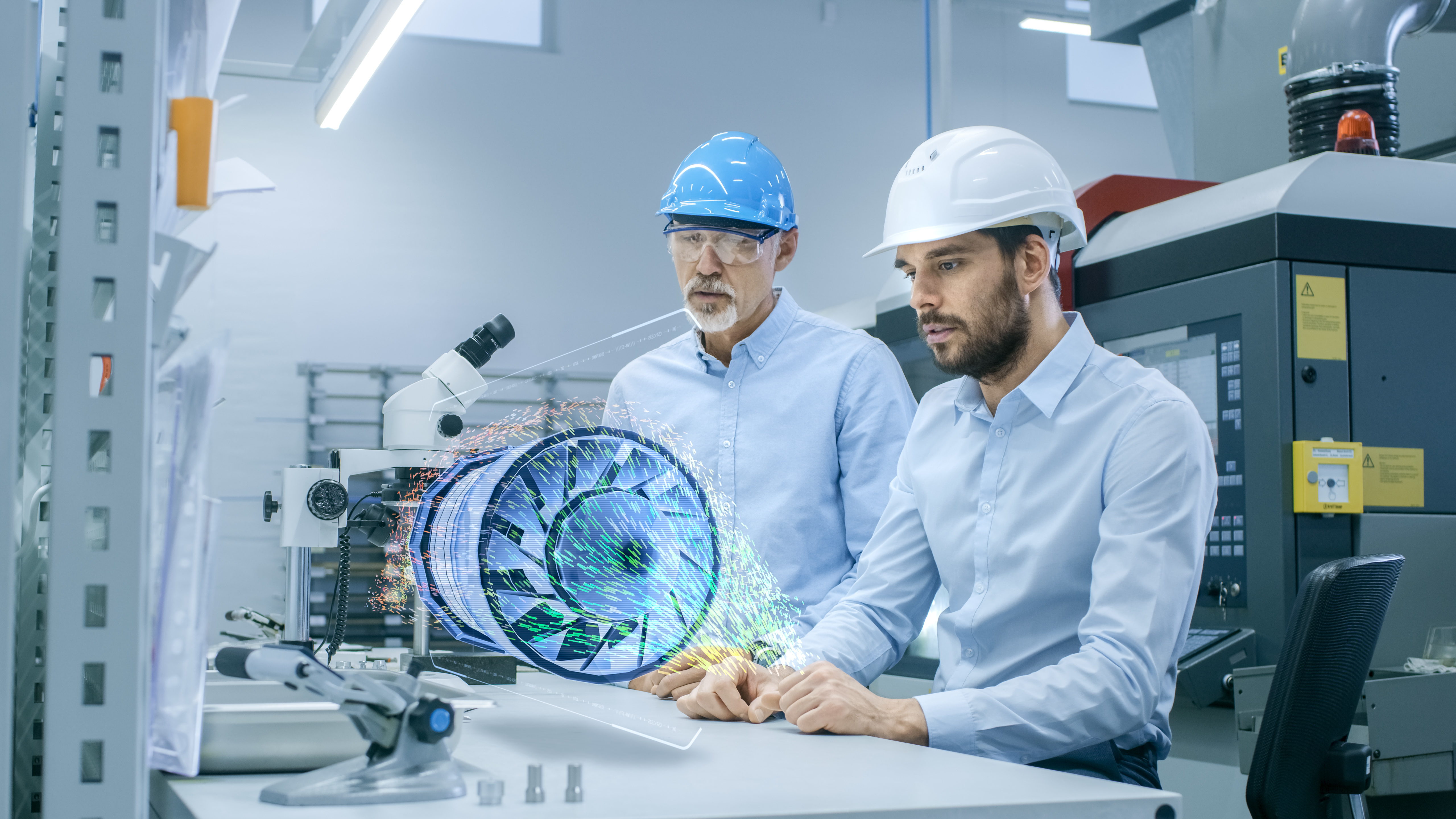
Designing sustainable products
/Page
We need to rethink how we design products to make products last longer.
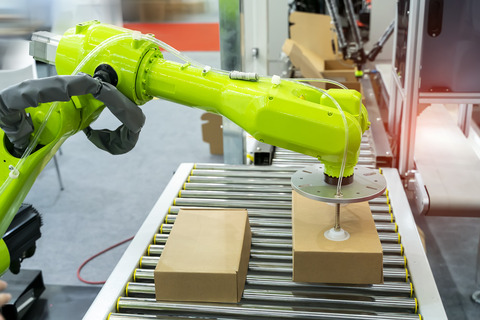
Sustainable product and production design
/Page
We need to rethink how we design products and manufacturing processes to make products last longer.
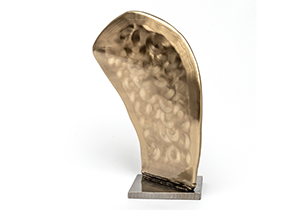
Remarkable quality when 3D printing propeller blades
/Article
Compared to casting, 3D printing shows very convincing results on significant parameters.
KEEP UP TO DATE WITH THE PROJECT
Sign up to receive news from and about the project - or send your questions and comments.

